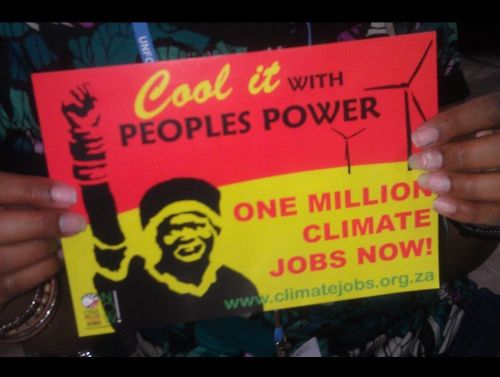environment
The paradox of Cuban agriculture

By Miguel A. Altieri and Fernando R. Funes-Monzote
The ALP left in Leichhardt municipality in the 1980s
'Primal Socialist Innocence and the Fall'?: the ALP Left in Leichhardt Municipality in the 1980s
By Tony Harris*
(Updated Jan. 24) 'Too Many People?' Ecosocialists debate population and environment

[For more on the population debate, click HERE.]
January 9, 2012 -- Links international Journal of Socialist Renewal/Climate and Capitalism -- Veteran British socialist Alan Thornett has published a highly critical review of the new book, Too Many People? Population, Immigration, and the Environmental Crisis. Below is Thornett’s critique, followed by a reply from the book’s authors, Ian Angus and Simon Butler.
Too Many People: a review
By Alan Thornett
January 2, 2012 -- Socialist Resistance -- As a long-time comrade of Ian Angus, a fellow ecosocialist, and an admirer of his work on Marxism and ecology, I am disappointed by the tone he has adopted in his new book on population Too Many People? – which he has authored jointly with Simon Butler, co-editor of the Australian publication Green Left Weekly.
Bolivia's proposals on the 'rights of nature' for Rio+20
December 19, 2011 -- The proposals developed by the Plurinational State of Bolivia bring together and build upon the progress made in the World Charter for Nature (1982), the Rio Declaration (1992), the Earth Charter (2000) and the World People’s Conference on Climate Change and the Rights of Mother Earth (2010).
[The United Nations Conference on Sustainable Development (Rio+20) is scheduled for June 20-22, 2012, in Brazil. It marks the 20th anniversary of the 1992 United Nations Conference on Environment and Development (UNCED), in Rio de Janeiro, and the 10th anniversary of the 2002 World Summit on Sustainable Development (WSSD) in Johannesburg.]
I. A DEEPER COMMITMENT TO SUSTAINABLE DEVELOPMENT IN THE 21ST CENTURY

The population of Bogotá, capital of Colombia, is about to pass 8 million.
By Anthony Boynton, Bogotá, Colombia
December 26, 2011 – Links International Journal of Socialist Renewal -- It may not be the mother of all bubbles, but it is a whopper. Colombia’s economy is rising as fast as a hot air balloon, but one that is almost certain to burst. Mining, petroleum, industrial agriculture and construction are all growing at record rates – fueled by a flood tide of investment, much of it foreign investment – directed by the World Bank and its local allies within the government of President Juan Manuel Santos, and made possible by the dispossession of millions of Colombians from the countryside through decades of violence combined with disastrous flooding caused by global warming.
Colombian cities have being growing as fast as any in the world. There are now more than 25 cities with populations of more than 200,000, at least five cities with more than 1 million people, three with more than 2 million; Bogotá the capital is about to pass 8 million.
Ανατέμνοντας τους αριθμούς για τον υπερπληθυσμό

[In English (Αγγλική εκδοχή σε) at http://links.org.au/node/2520.]
Australian socialists debate ecosocialism

By Ian Angus
December 13, 2011 -- Climate and Capitalism (Canada) -- Should ecologically concerned socialists call themselves ecosocialists? Members of the Socialist Alliance are conducting a public policy debate.
Is there a need for the word “ecosocialism”? Does it mean something substantially different from socialism without the prefix? Will using it help to build the left? Or is it an unnecessary and dangerous concession to greens who lean to liberalism and anarchism?
Here at Climate and Capitalism, we gave our answers to those questions long ago, by putting the words “Ecosocialism or barbarism: there is no third way” at the top of every page.
But on that question we are in a minority. While the word “ecosocialism” is used by growing numbers of green lefts and left greens, it is still very far from being universally accepted.
Of course, it is just a word. What’s important is the idea that in the 21st century the fight against environmental destruction and the fight against capitalism are inextricably linked – neither can succeed without the other. The label anyone chooses to apply to that concept is far less important.
Capitalism, not consumers, is the big green problem

By Simon Butler


